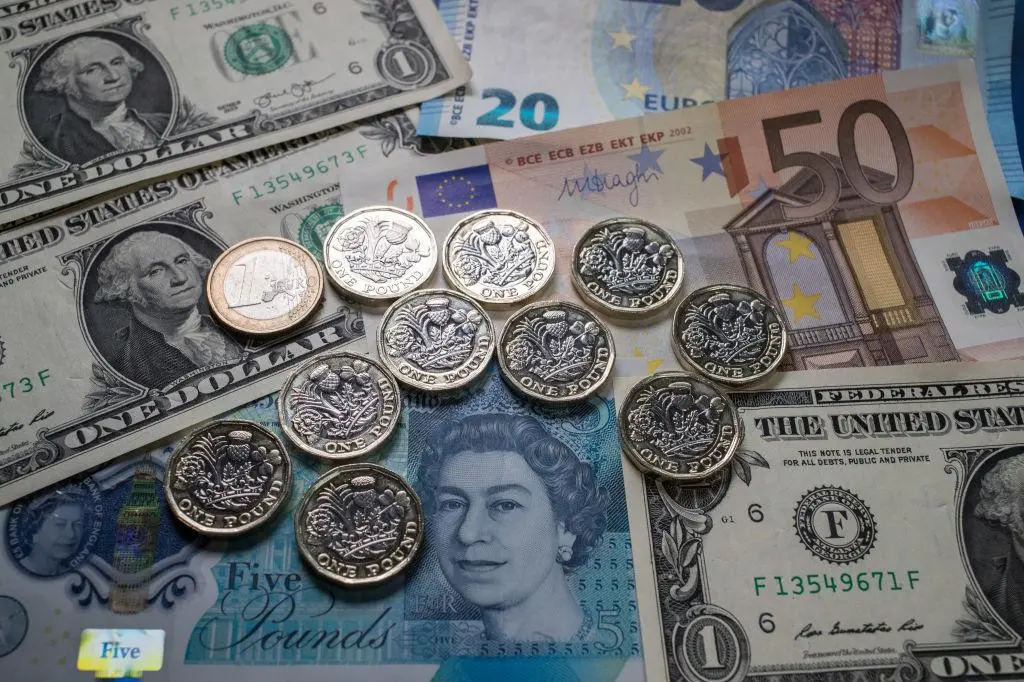PHOTO
LONDON - The pound extended the last week's dramatic rally on Friday as investors pounced on a media report that Northern Ireland's largest political party had agreed to accept some European Union rules after Brexit.
The report in the Times newspaper, which was swiftly denied by the party, encouraged the view that Britain and the EU can agree a deal to replace the Irish backstop, the main sticking point in negotiations between London and Brussels.
Talk of an alternative to the Irish backstop, which Prime Minister Boris Johnson wants scrapped, comes as investors slash their short positions on the pound because of the receding risks of a no-deal Brexit.
"All those Boris (Johnson) shorts are beginning to bail as they realise he can't deliver no-deal (Brexit)," said Viraj Patel, FX & global macro strategist at Arkera.
Having hit a three-year low below $1.20 last week, sterling has soared since the British parliament voted to stop Johnson's government from taking Britain out of the European Union on Oct. 31.
The British currency has now rallied more than 4% in just eight days, a significant reversal of fortunes from earlier this month when talk of a no-deal Brexit intensified.
On Friday the pound strengthened 1% to as high as $1.2455, a seven-week peak. Against the euro, sterling added 0.7% to trade at 89.070 pence per euro.
Credit Suisse on Friday became the first major bank to change its view on UK equities, pointing to the reduced chances of the country crashing out of the EU and saying that some equities look cheap compared with foreign counterparts.
While the prospect of a no-deal Brexit on Oct. 31 has fallen sharply, Britain still faces months of uncertainty and the outcome is not clear.
Johnson wants to call a general election but lawmakers have blocked his attempt to do so, saying they want to be sure he cannot push through a no-deal Brexit in the meantime.
"Our base case scenario is that we are still heading for an early election in late November or early December, and we need a short extension [to the departure date for leaving the EU] to break the deadlock in parliament," Lee Hardman, a strategist at MUFG, said.
Hardman said there was some sense in the market that the government was ready to push for an all-Ireland backstop which, while angering the Northern Irish party that supports the government in the British parliament, would win over Brexiteers in Johnson's party.
Pushing through such a deal might require the Conservative Party to win an outright majority in any general election, a far from certain scenario, Hardman added.
Opposition parties have vowed to block a no-deal Brexit but are divided about how to deliver Britain's exit from the EU.
"We'd be careful about chasing it [the pound] much higher," Hardman said. "This is a short window of calm."
(Editing by Jan Harvey) ((olga.cotaga@thomsonreuters.com;))





















